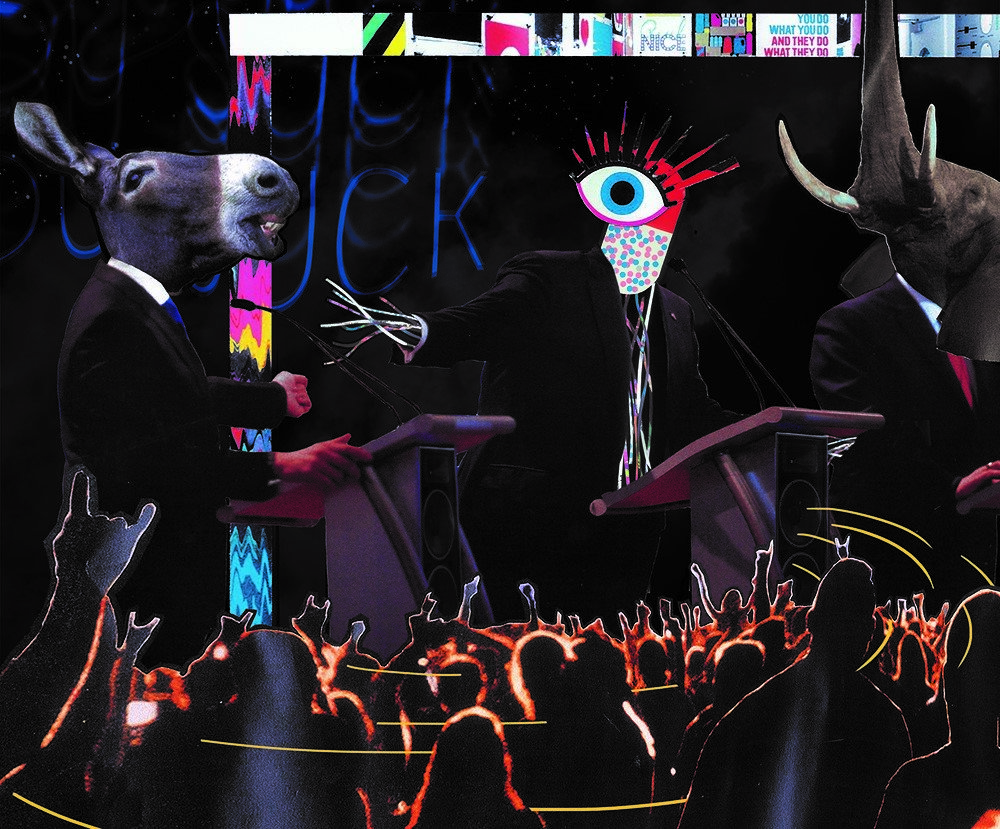
A Wellington-based technology group has launched a pilot digital platform to create what they hope will one day be the world’s first virtual politician. This is not sci-fi. This really is – at least as far as we’re aware (though the jury is still out as to whether we’re living in a computer simulation) – reality.
“SAM” was launched by the Wellington CIT.AI chapter in November. The group – part of a global network of cities showcasing Artificial Intelligence (AI) capability and talent – hopes to test whether there is a better way for people to engage with politics and debate the big issues. And to do that, they created a virtual politician – which they also hope might one day run for office. Ready for an AI PM?
Check out this podcast with Touch Tech CEO Andrew Smith about SAM:
“We’re asking whether an AI politician could provide the facts rather than push a party line?” says the group’s spokesperson, Nick Gerritsen. “We believe it’s time to consider whether technology, and in this case AI, can help us get better information to inform decision-making on the major issues like water quality, housing, or climate change. We need better outcomes.’
Gerritsen, who is involved in a number of technology projects, says the current political system relies on politicians staying on top of all the major issues, being well-informed and coming up with good decisions – things not all politicians actually do. “We’ve seen in the US, UK, and Spain recently, however, that politicians may be wildly out of touch with what people actually think and want,” he says. “Perhaps it’s time to see whether technology can produce better results for the people than politicians. The technology we propose would be better than traditional polling because it would be like having a continuous conversation – and it could give the ‘silent majority’ a voice.”

Gerritsen says natural language processing technology and sentiment analysis algorithms have come a long way, and are now at the level where they have practical application in day-to-day interactions with people.
Initially, the project would be conducting research into whether people would engage with a virtual politician, and then move into the viability of building the software. Assuming it is viable, the aim would be to have SAM up and running for the next general election.
So, could we have a Jacinda Ardern vs. SAM PM race in 2020? Gerritsen says the idea is first and foremost to have a positive impact on political discussion and democracy, and claims SAM doesn’t have a political agenda or bias as such. “We might be surprised at the outcome. And that might be a good thing if it’s more in tune with the voting public. The technology will enable greater people power.”
Victoria University’s Walter Langelaar will be conducting the research phase. “Some of the work we’re doing in our Media Design department and post-graduate curriculum around machine learning and AI is informing this project and its contextualisation,” he says. “Understanding the fact that machine-learning algorithms can conduct, shape and steer conversations is relevant both from a perspective on future interaction design applications as well as through analysing the socio-political impact of these tools.”
Wellington’s Touch Tech is also helping develop SAM. “This is an exciting opportunity to develop software which uses AI tools in a unique way,” CEO Andrew Smith says. “It will certainly be a challenge, but given the developments in AI it is within the realms of possibility.”
Gerritsen says there’s still a long way to go before SAM could develop capabilities similar to Malcolm, a fictional AI that runs for office in a short story by John Harrigan that was featured in Idealog’s Tech Issue last year. “The project will raise funding to assist in the development of SAM, but she exists now in a very basic form and we look forward to creating the platform for her to learn and demonstrate her intelligence,” says Gerritsen.

SAM needs the input of ordinary New Zealanders to guide its development. Every question asked or comment made is an opportunity for SAM to learn, even if it doesn’t yet know the answer.
The public can help SAM learn and grow, too, by going to the website and completing its demographic survey, or talking to SAM directly on Facebook.
The big takeaway from all this: the future of AI helping make decisions for us isn’t just coming – it’s already here.




